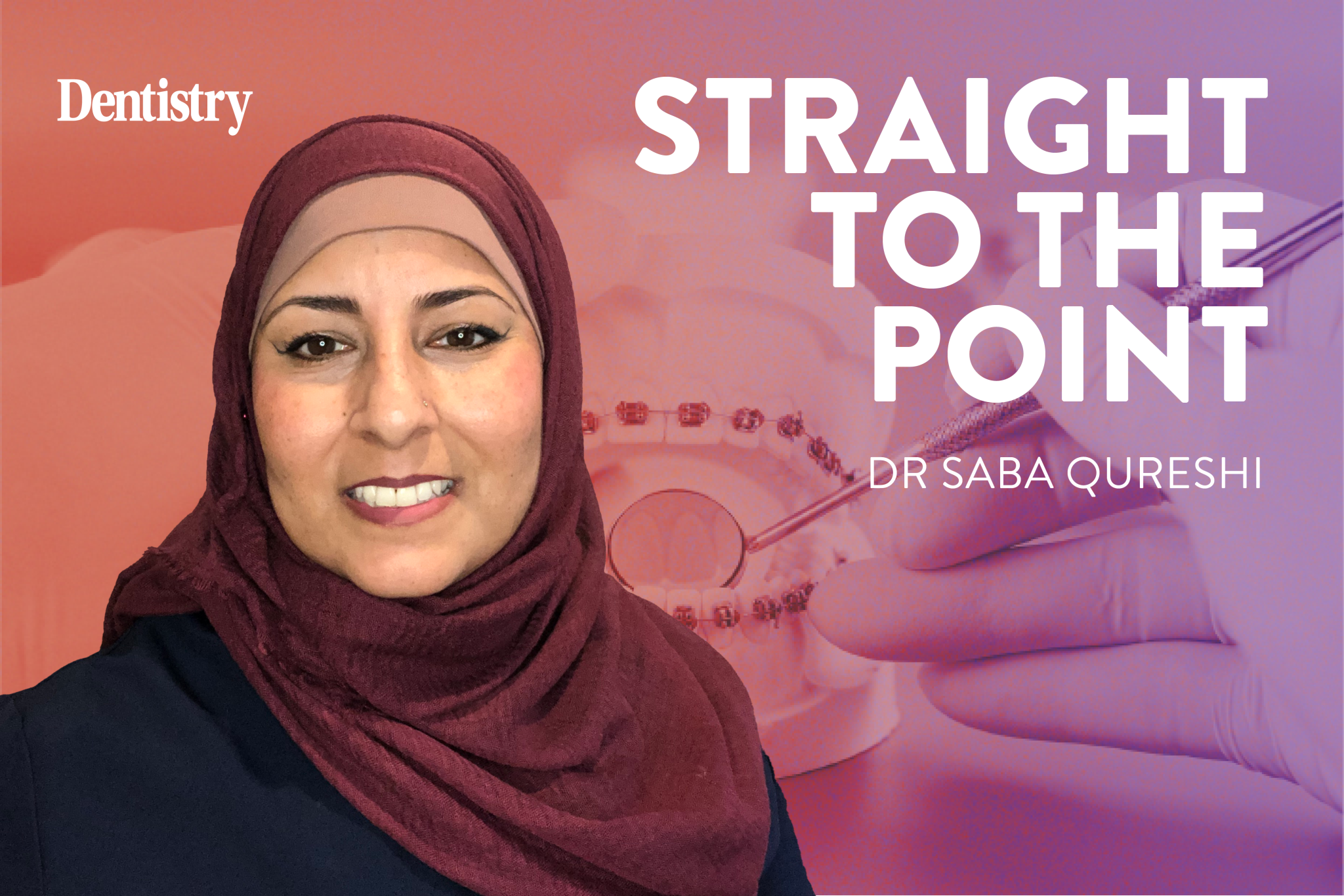
Dentistry
Dentistry deals with the oral health, encompassing the diagnosis, prevention, and treatment of oral diseases and conditions.
Dentistry deals with the oral health, encompassing the diagnosis, prevention, and treatment of... View more
Are you an orthodontist in the making?
-
Are you an orthodontist in the making?

Saba Qureshi discusses what working in orthodontics is like and how to go about becoming an orthodontics specialist.
There are currently thirteen dental specialisations in the UK:
- Dental and maxillofacial radiology
- Dental public health
- Endodontics
- Oral and maxillofacial pathology
- Oral medicine
- Oral microbiology
- Oral surgery
- Orthodontics
- Paediatric dentistry
- Periodontology
- Prosthodontics
- Restorative dentistry
- Special care dentistry.
Based on data from the General Dental Council (GDC) registration report from 2021, around 4,400 dental specialists were registered in the UK at that time. Orthodontics has the highest representation, accounting for 32% of all specialists.
Historically, orthodontics was the first branch of dentistry to emerge and gain recognition as a specialty field in the UK.
Scarcity of orthodontists
When the NHS was first established in 1948, there were only 10 orthodontic practices in the UK. In addition, orthodontic care was delivered largely by General Dental Practitioners (GDPs), using removable appliances and advised by orthodontic consultants.
This model worked reasonably well, with GDPs referring more complex cases to consultants based within the hospital system. However, when orthodontics became available on the NHS, demand surged dramatically, with numbers rising from 100 orthodontic cases treated in 1948 to 53,000 cases by 1954.
At this point, it became evident that there was a scarcity of orthodontists, thus Royal Colleges of Glasgow and England introduced the Diploma of Dental Orthopaedics (DDO) in 1949 and the one year diploma in orthodontics in 1954 respectively. This offered GDPs a broader understanding of orthodontic diagnosis and treatment planning, as well as experience with removable appliances and the introduction of fixed appliance procedures.
However, this did not constitute specialist training, though many mistakenly believed it did. This caused both misunderstanding within the dental community and confusion among patients. In order to address this, a structured two-year orthodontic specialist training was introduced in the 70’s, evolving into the three year programme that has now become standard across the UK.
Given that orthodontic specialists make up the biggest single percentage of all dental specialties, there must be something that draws clinicians to it. Or is it merely a response to demand?
NHS orthodontics
We all know the strains that NHS dentistry is under, and NHS orthodontics is no exception. Between the chaos of the contract tendering process across the country, with the onus being squarely placed on cheap provision of orthodontics, as well as closure of busy, well-established clinics and reduced units of orthodontic activity up for grabs, NHS orthodontics is not for the faint hearted.
This is particularly true with ever-increasing patient demand and growing waiting lists.
The good news is, despite this, a recent survey of job satisfaction among NHS orthodontic practitioners in Wales found that a staggering 96% of respondents, including orthodontic trainees, specialists, consultants, therapists and dentists with special interests, were satisfied with their chosen profession. They stated that the top three reasons for this were because they enjoyed:
- Doing orthodontics
- The patient interactions
- The feeling that they were making a difference.
‘Life-changing’
So, what are my personal experiences of working as an orthodontic specialist within busy NHS and private practices? I am fortunate to report that, I too, am very happy with the career path I have chosen.
Was it an ultra-competitive selection process? Yes.
Did I have to uproot my whole life to relocate for training? Yes.
Was the training intense and stressful? Yes.
Was it worth it? Yes!
I love being able to give patients confidence in their smiles. It may sound corny, but it really can be life changing. Even with the shortest treatment times, orthodontics is never a quick fix, but this allows me to form the most wonderful professional relationships with my patients, listening to and learning from their life stories.
Of course, there are always difficult patients and interactions, but these will be found across the dental profession and, indeed, life.
Orthodontic specialist requirements
In order to be eligible to apply for orthodontic specialist training in the UK you will require the following:
- Bachelor of Dental Surgery (BDS) or equivalent dental qualification recognised by the GDC
- Diploma of Membership of the Faculty of Dental Surgery (MFDS)/Membership of the Joint Dental Faculties (MJDF) or equivalent at the time of application
- Insight, interest and commitment to pursuing a career in the specialty of orthodontics
- A broad range of experience in all areas of clinical dentistry.
As with any of the dental specialties, a wide range of experience of differing aspects of dentistry will stand you in good stead. I, myself, worked in general and community dentistry, as a senior house officer (SHO) in paediatric dentistry and oral and maxillofacial surgery over a period of four years prior to specialising in orthodontics.
Every single one of these posts has provided me with invaluable skills which I feel have made me the clinician I am today.
What next?
The orthodontic specialty training takes the form of a three year full-time (or equivalent part-time) programme, which comprises clinical training in a hospital setting and academic study in a university. To complete specialty training successfully, all the mandatory clinical requirements of the programme must be met and the Royal College of Surgeons Morth examination has to be passed.
After completing specialist training, you can choose to work as an orthodontic specialist in primary care or to apply for a two-year full-time (or equivalent part-time) post-certificate of completion of specialist training (post-CCST) training programme and train to become a hospital consultant.
There are currently 14 specialist orthodontic training centres offering postgraduate orthodontic education with approximately 33 places in England, and an additional five spread across Scotland and Wales.
Of those who graduate, the majority tend to continue to undertake post-CCST, with the remaining 12 to 15 feeding into NHS orthodontics. This has resulted in a shortage of orthodontic specialists in primary care who are having to undertake larger number of cases.
Catch up on previous Straight to the Point columns:
Follow Dentistry.co.uk on Instagram to keep up with all the latest dental news and trends.
Sorry, there were no replies found.
Log in to reply.
